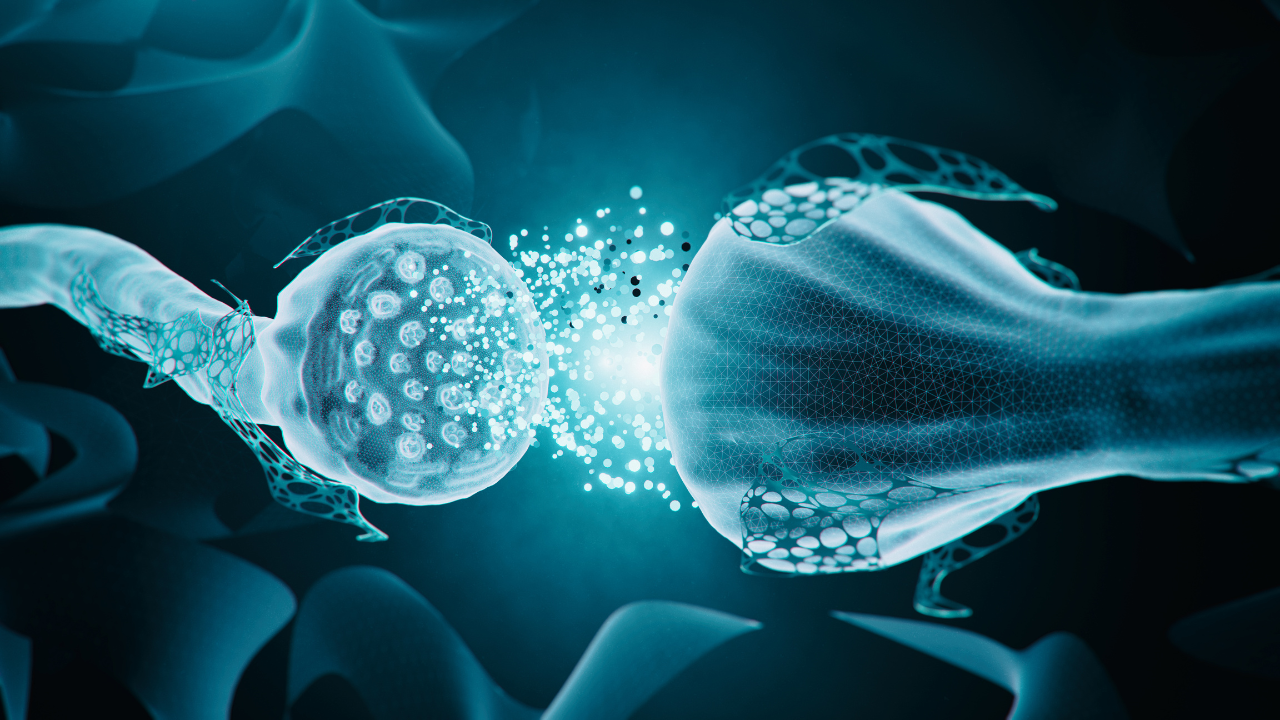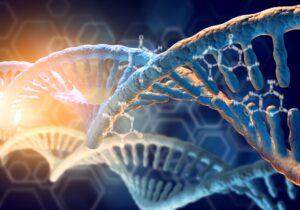by Vanita Dahia
Our brains communicate with cells in the body by neurotransmitters, our chemical messengers that keep regulation of all physiological systems working well.
Understanding the Impact of Neurotransmitter Imbalance
Imagine your brain as a bustling city. Neurotransmitters are like the traffic signals, ensuring smooth and efficient communication. When these signals are disrupted, chaos ensues. Excitatory neurotransmitters rev up brain activity, while inhibitory ones calm things down. A perfect balance is essential for mental equilibrium.
Deficiencies in certain neurotransmitters can manifest as depression, fatigue, and difficulty concentrating. On the other hand, excesses can lead to mania, aggression, or insomnia. It’s a delicate tightrope walk, and even slight imbalances can have profound effects on your mental health.
These brain chemicals play a pivotal role in regulating mood, sleep, appetite, and overall mental health. Let’s delve into two key neurotransmitters: serotonin and GABA.
Serotonin is our Happiness Hormone
Serotonin contributes to feelings of well-being and happiness. It also helps regulate sleep, appetite, and digestion. Low serotonin levels have been linked to depression, anxiety, and insomnia.
When serotonin levels are imbalanced, it can lead to a range of symptoms including:
- Persistent sadness
- Loss of interest in activities
- Changes in appetite or sleep
- Fatigue
- Difficulty concentrating
GABA is our calming Neurotransmitter
GABA (gamma-aminobutyric acid) is an inhibitory neurotransmitter, essential for regulating anxiety, sleep and stress levels. When GABA levels are low, it can contribute to feelings of anxiety, restlessness, and difficulty sleeping.
When GABA levels are imbalanced, it can lead to a range of symptoms including:
- Anxiety
- Depression
- Insomnia
- Mood swings
- Irritability and restlessness
Natural Approaches to Support Neurotransmitter Balance
While medication can be effective for some people, many seek natural alternatives to manage their mental health. Here are some options:
Amino acids: These are the building blocks of neurotransmitters. Tryptophan is a precursor to serotonin, while glutamic acid is converted into GABA. Foods rich in these amino acids include turkey, bananas, and lentils.
Methylation cofactors: These nutrients support the biochemical process of methylation, which is essential for neurotransmitter production. Vitamins B6, B9, and B12, as well as magnesium and zinc, are key players.
Herbs: Some herbs have traditionally been used to support mood and relaxation. Adaptogenic herbs like ashwagandha and rhodiola can help manage stress, while St. John’s wort has been studied for its antidepressant effects.
Amino Acids are the building blocks in the synthesis of neurotransmitters. Phenylalanine and Tyrosine are needed for the production of Dopamine whereas tryptophan together with specific cofactors for the synthesis of Serotonin.
A Note on Antidepressants
While antidepressants can be effective for some people, it’s essential to acknowledge that they don’t work for everyone. A 2018 study published in the Journal of the American Medical Association found that antidepressants were only slightly more effective than placebos in treating mild to moderate depression.
This doesn’t mean antidepressants are ineffective, but it highlights the importance of exploring alternative approaches and considering the individual needs of each person.
Holistic approach to taking Control
Understanding the intricate relationship between neurotransmitters and mental health is a crucial step towards achieving optimal well-being. By prioritizing neurotransmitter balance through natural approaches, you can empower yourself to manage stress, anxiety, and depression more effectively. A combination of lifestyle factors, nutrition, and potentially natural supplements can contribute to a healthier mind.
Educational Webinar
Neurotransmitter Balance for Optimal Mental Health
In this webinar, you will learn:
➡ Explore characteristics of important neurotransmitters in mental health
➡ Understand the effects of high and low neurotransmitter levels
➡ Identify methods for assessing neurotransmitter function
➡ Holistic approach with adjunctive therapeutics of pharmaceuticals and natural treatments
➡ Explore targeted natural approaches to balancing neurotransmitters
Test for Mental Health – Stress, Anxiety, Depression, Mood
Functional pathology tests can identify underlying causes of mental health imbalances that may not be identifiable with conventional lab tests.




